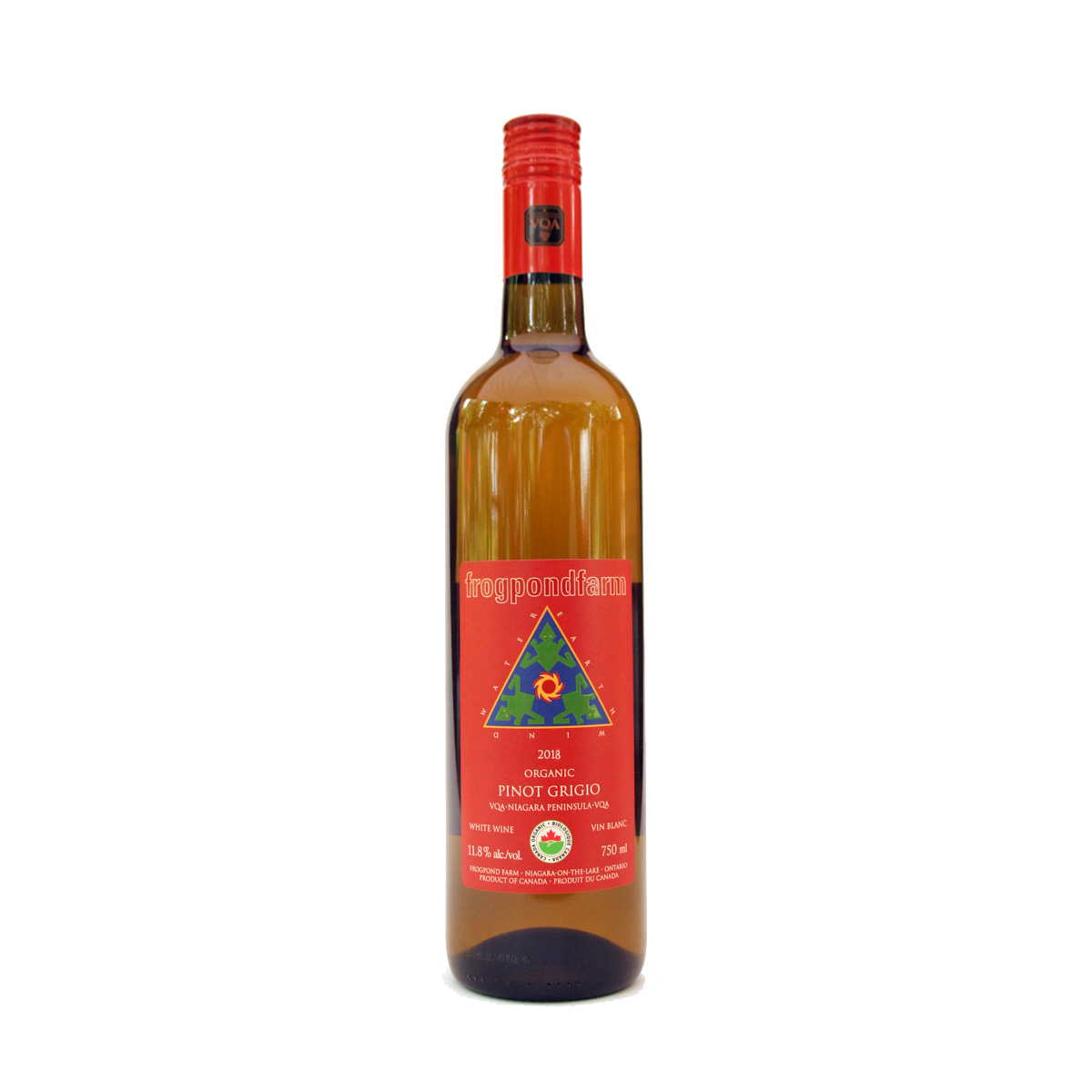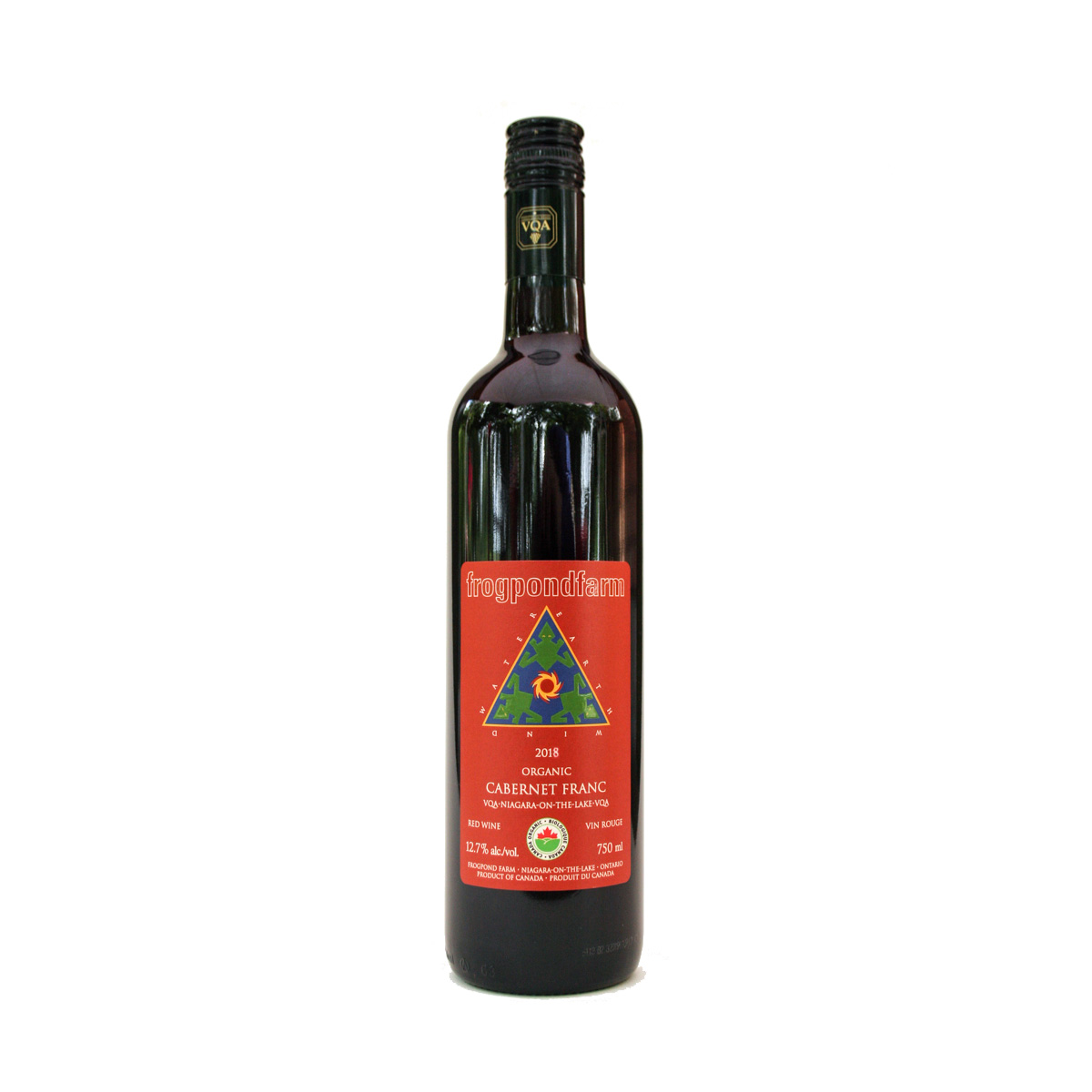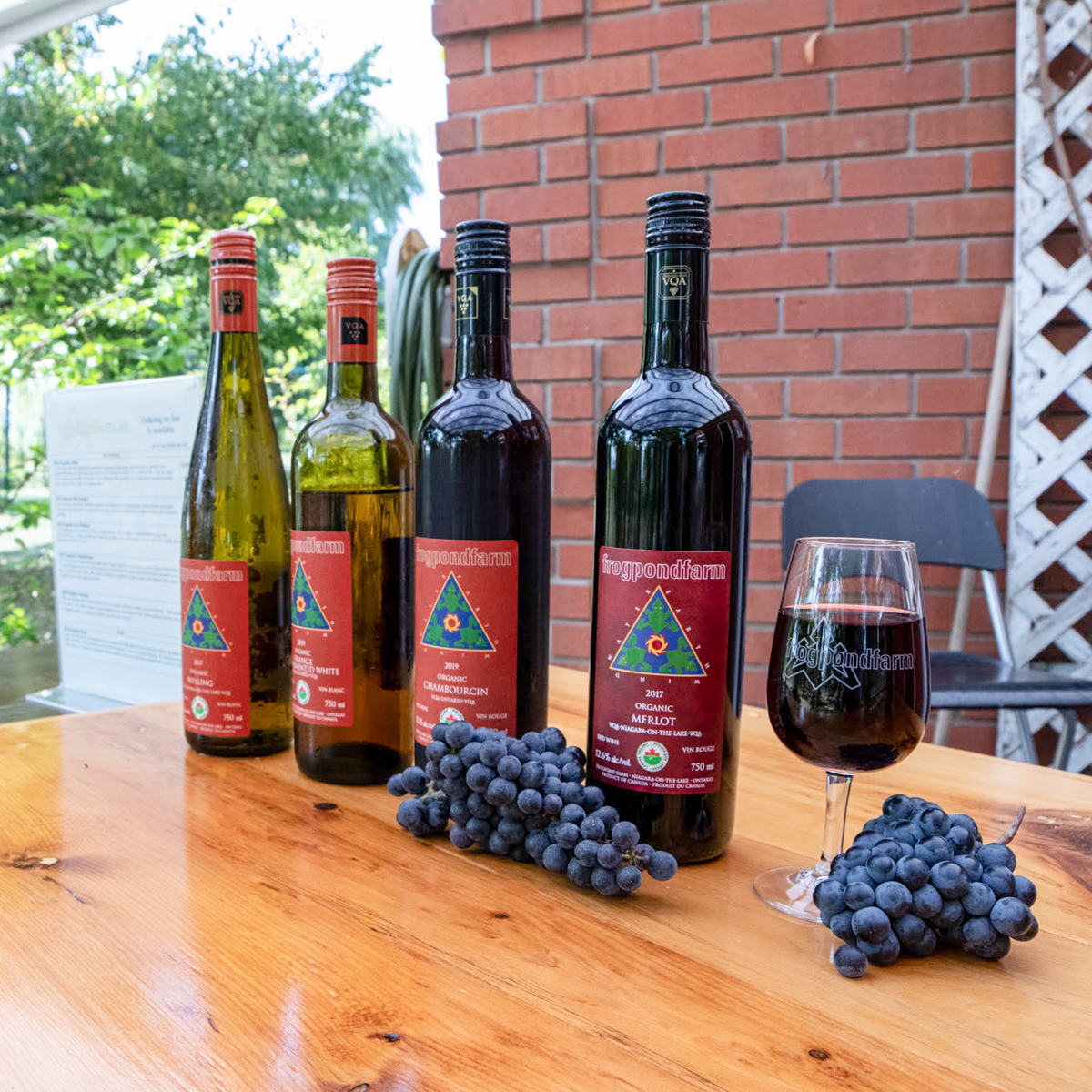People ask quite often if our wines are vegan. So let’s have that conversation in today’s blog.
Dalhousie University conducted a recent study showing that nearly 10% of Canadians are vegetarians (2.3 million) and vegans (850,000) many of whom are under the age of 35 and live predominantly in British Columbia and Ontario.
Source: CTVNews.ca
John Szabo, Canadian Master Sommelier, recently indicated there has been a significant increase in consumers searching for vegan wine. According to Szabo statistics show that 6% of Americans and 5% of the population in the UK have embraced a vegan lifestyle.
Source: https://www.winealign.com/articles/2018/09/07/john-szabos-vintages-preview-sept-15-2018/
What does that mean?
What all vegans have in common is a plant-based diet avoiding all animal foods such as meat (including fish, shellfish and insects), dairy, eggs and honey as well as products like leather and any tested on animals (accessories, clothing, cosmetics etc.)
Source: https://www.vegansociety.com/go-vegan/definition-veganism
There are several reasons why people choose to become vegan:
- animal welfare concerns
- climate change (14.5% – 18% of global greenhouse emissions are generated by raising livestock for meat, dairy and eggs; this is greater than emissions by transportation)
- rising cost of beef and other meats
- health (scientific evidence is pretty strong that people should be eating a more plant based diet)
How does this affect wine?
Not all wine is vegan or vegetarian-friendly. It has to do with how wine is clarified and with what.
All young wines are hazy and will contain microscopic, harmless solids like grape proteins, tartrates, tannins and phenolics. In order to make wines clear and sparkly, winemakers can use “fining agents” which attract and bind with the solids and help precipitate them to the bottom of the tank. The clear wine can then be transferred to another tank or barrel for ageing.
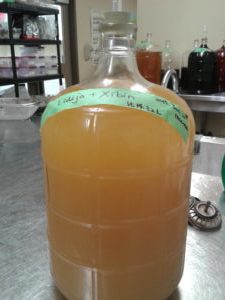
These fining agents are often animal derived:
- albumin (egg whites)
- casein (milk protein)
- gelatin (animal protein)
- isinglass (fish bladder protein)
Although only tiny traces of the fining agents are absorbed into the wine during the fining process, this makes wines fined with the above mentioned agents not vegan- friendly.
There are also non-animal derived fining agents available to winemakers:
- bentonite (clay based)
- activated charcoal
Most wines, if left long enough will self-fine by gravity alone (heavier solids will fall out of the solution). Many winemakers choose not to fine or even filter their wines and such wines are often labeled “unfined” or “unfiltered”. Consumers may find some sediment near the bottom of the bottle with these wines and decanting is a good idea.
All Frogpond Farm Organic wines are unfined. We only filter our wines using sterile cellulose pads (prepared from wood fibres that are powdered, purified, washed and dried). Therefore, all our wines are vegan-friendly.
Please check out Barnivore for alcoholic vegan products: http://www.barnivore.com/search?keyword=Frogpond
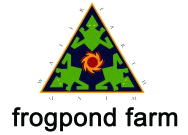

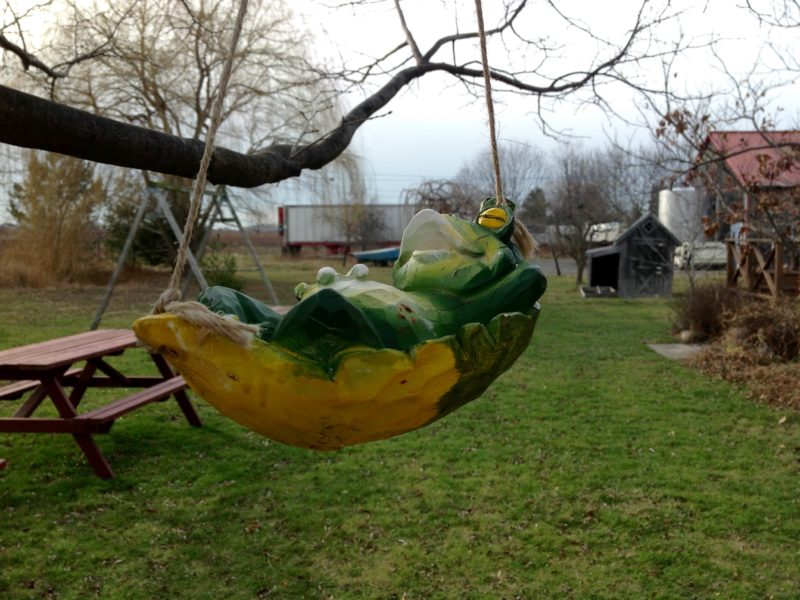
 Frog Blog ~ And Now For Something Different
Frog Blog ~ And Now For Something Different